In the competitive world of esports, success hinges on more than just reflexes and strategy. Mental focus often separates consistent performers from those who falter when the stakes are high. With split-second decisions determining the outcome of a game, maintaining concentration is as vital as mechanical skill. While gaming setups and training routines contribute to performance, it’s the mental game that truly defines elite players.
Professional gamers rely on refined psychological strategies to stay calm and sharp during tournaments. These are not instinctive reactions, but practised techniques developed over years of intense competition. From pre-match routines to post-game recovery habits, these mental practices provide a structured approach to navigating high-pressure moments and staying focused from start to finish.
Why Mental Focus Gives Gamers a Competitive Edge
Competitive matches can flood a player’s system with stress responses. As tension builds, the body reacts with increased heart rate and a surge of stress hormones. These physiological shifts can impair judgement and lead to lapses in reaction time or decision-making. Players who can regulate these effects maintain an advantage over opponents whose mental game falters.
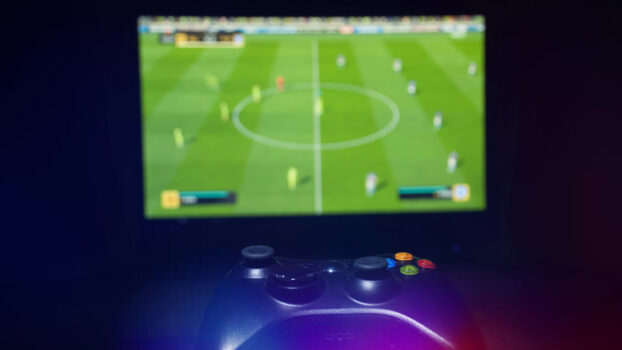
Mental discipline helps gamers block out distractions, maintain awareness, and avoid costly mistakes. Even a brief lapse in concentration can cause a missed timing window or incorrect decision, potentially changing the outcome of an entire match. This is why many top-level players commit as much time to mental conditioning as they do to mechanical practice.
Structured training in stress regulation allows professional gamers to stay composed even when games become unpredictable. These mental techniques provide the consistency needed to perform well across long tournaments or during difficult matches. If it’s a sudden opponent strategy shift or an unforced error, mentally prepared players recover faster and respond more effectively.
Establishing Pre-Game Routines to Trigger Focus
Before the match begins, many elite gamers follow consistent pre-game routines that prepare their minds for high performance. These rituals act as psychological cues that signal the brain to switch into competition mode. They help players shake off distractions, lower anxiety levels, and achieve a clear, focused state of mind.
Warm-up games and low-pressure skill drills are often part of these routines. They help players engage their reflexes and decision-making processes without jumping straight into peak-intensity play. This controlled build-up enhances confidence and primes the brain for action.
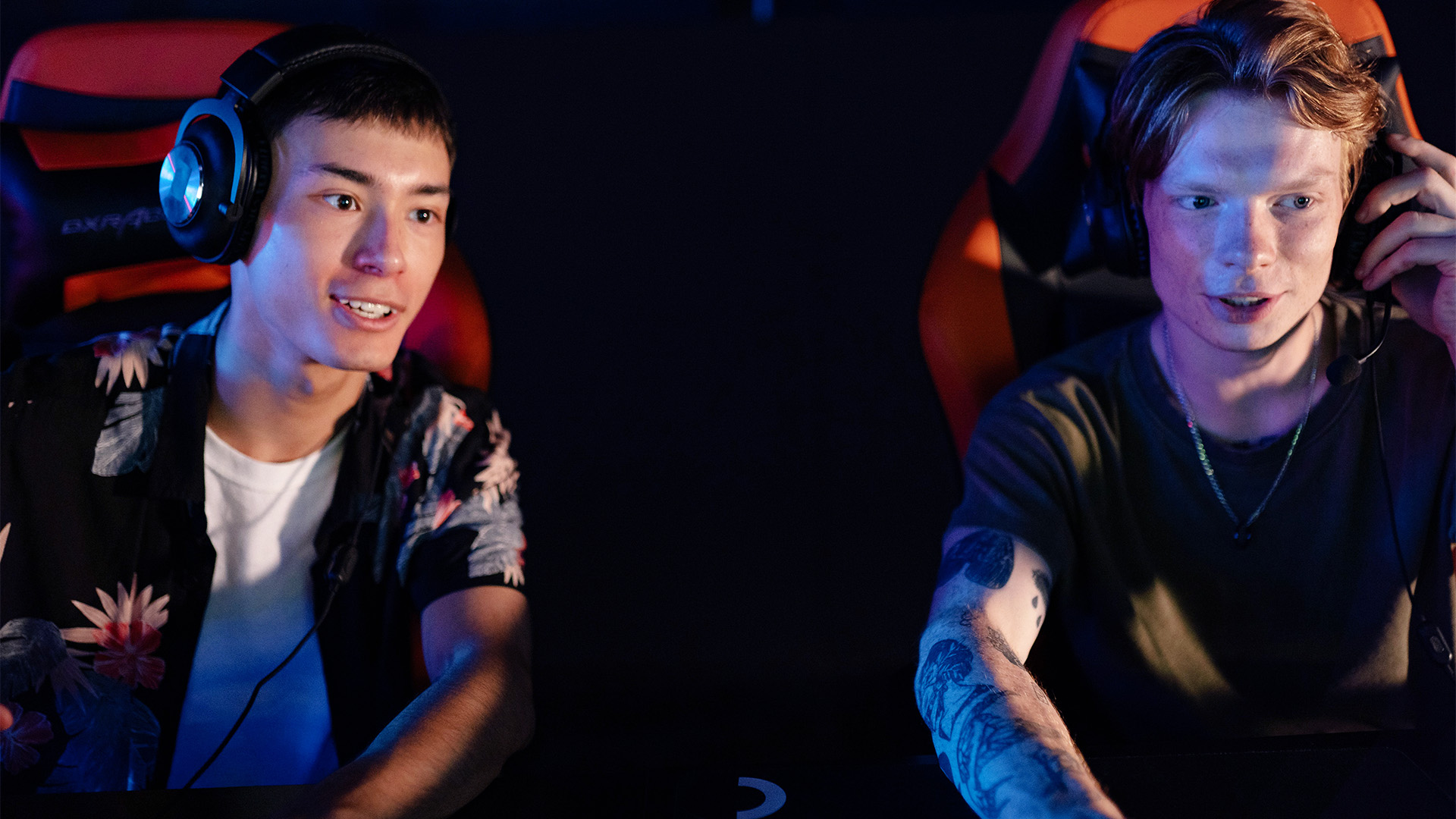
Image: Pexels
Mental centring practices are also common. Gamers may perform breathing exercises, visualise key scenarios, or quietly reflect on their goals for the match. Even elements of the physical environment are optimised.
Factors such as lighting, ergonomics, and temperature are tailored to reduce discomfort and improve concentration. Many who play live dealer casino games at Kinghills Casino also use similar routines to maintain intense focus across long sessions.
Physical Readiness Fuels Mental Strength
Mental clarity often begins with physical preparation. The link between physical condition and cognitive performance is especially important in gaming, where split-second decisions make a difference. Top players use breathing techniques to regulate stress and boost oxygen flow, keeping the mind sharp.
A balanced approach to food and hydration is also key. Heavy sugar or caffeine consumption may lead to crashes in concentration. Instead, players focus on steady, nutrient-rich meals that offer consistent energy throughout gameplay. This ensures mental sharpness doesn’t fade mid-match.
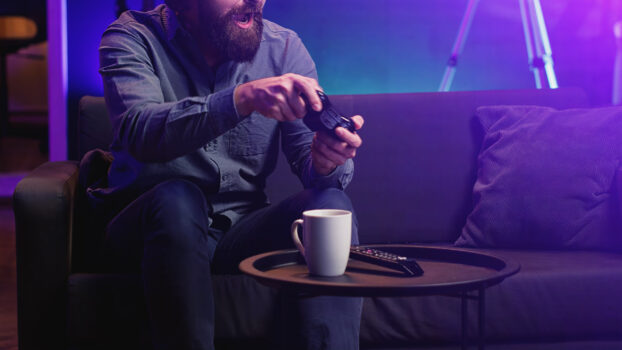
Sleep is another foundational element of mental readiness. Strict sleep routines during competition periods are now standard among professional teams. Quality rest improves alertness, reduces stress, and helps players remain adaptable. Some teams even provide coaching support to help maintain healthy sleep cycles before key matches.
In-Game Strategies for Remaining Composed
Even the best preparation doesn’t eliminate in-game setbacks. What matters is how players respond when pressure peaks. Top performers use routines that allow them to reset quickly after mistakes. These may involve brief physical gestures such as hand flexes or intentional breathing to release tension and regain clarity.
Focused self-talk is also widely used. Rather than mentally revisiting an error, players repeat short, task-based instructions that reorient their focus. Phrases like “next play” or “stay on plan” help keep attention forward-facing, which is crucial during fast-paced gameplay.
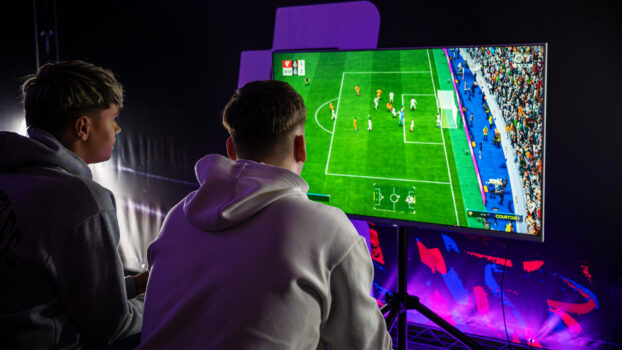
Players also learn to filter distractions, both external and internal. They practise ignoring crowd noise, background commentary, or irrelevant sensory input, allowing full attention to stay on essential in-game details. By honing this filtering ability, they preserve cognitive energy and remain calm under strain.
When something unexpected happens, such as an opponent making a surprise move, top players use mental cues to acknowledge the situation and shift attention to what needs to happen next. This mindset allows them to adapt quickly without dwelling on previous moments.
Communicating Effectively in Team Settings
Gaming is often a team-based endeavour, where mental discipline extends to communication. Teams that perform well under pressure rely on concise, structured call-outs. These quick signals convey critical information without overwhelming players in the heat of a match.
Clear roles and responsibilities further reduce communication overload. Players know who is tracking specific game elements like map control, enemy positioning, or resources. This ensures nothing essential is missed.
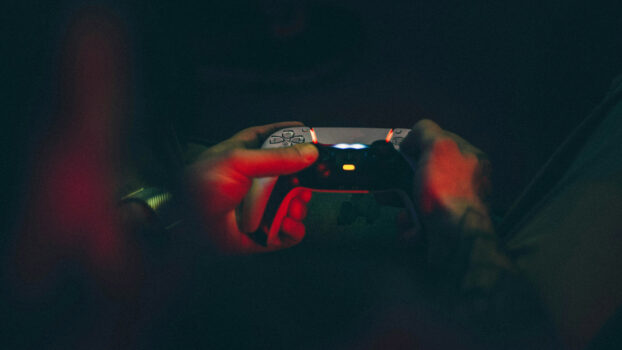
Emotional stability is another key component. When mistakes happen, maintaining morale matters just as much as correcting the error. Teams use rehearsed response protocols to avoid blame and instead focus on solutions. This strengthens cohesion and keeps the group working toward the shared objective, even under mounting pressure.
Mental Recovery and Review After the Game
Once a match concludes, elite players do not immediately jump into another. They transition through post-game cooldown routines that create psychological closure. These routines signal to the brain that performance mode has ended, allowing rest and recovery to begin.
Rather than dwelling on failures, professionals analyse what went well and what can be improved. They approach review sessions with an analytical mindset, breaking down decisions and identifying gaps, rather than reacting emotionally to outcomes. Match recordings help players identify patterns and refine future strategies without overloading themselves with blame.
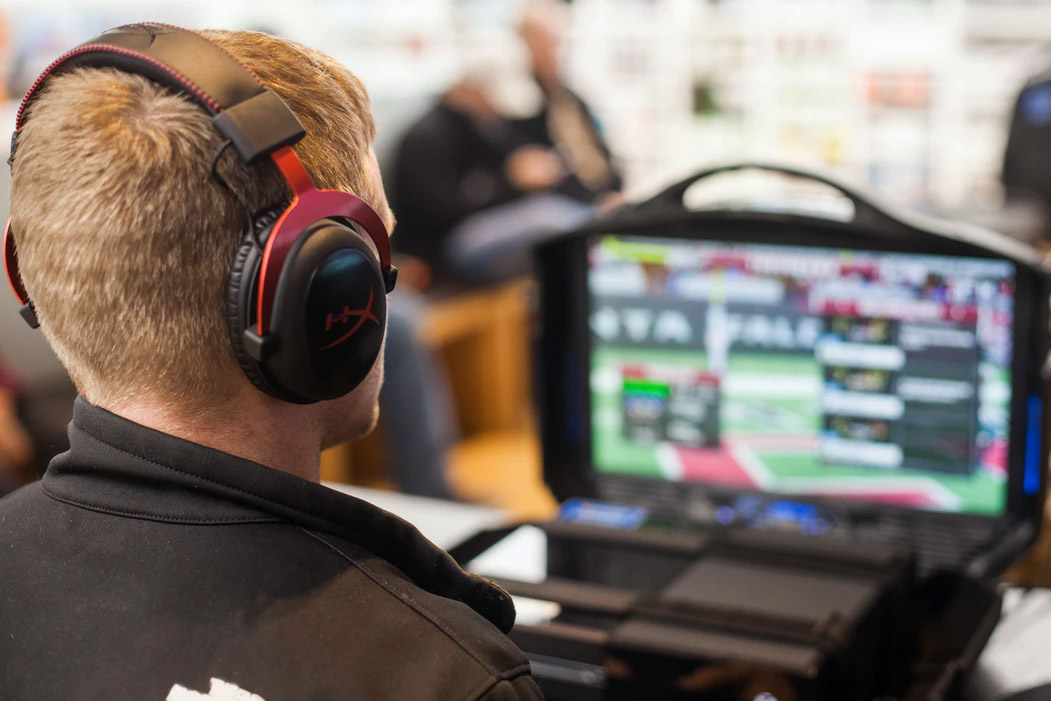
These reviews also support long-term growth. By consistently examining their gameplay, players learn faster and stay motivated. This process builds resilience and keeps performance levels rising across tournaments and seasons.
Boundary setting also protects mental health. Rituals such as changing clothes, shifting to a different space, or stepping outdoors help signal the end of competitive focus. This separation prevents burnout and supports better overall well-being.
Tools That Reinforce Mental Discipline
Top gamers rely on checklists and structured routines to ensure consistency. These tools guide players through pre-match preparation, help maintain focus during gameplay, and support constructive reflection afterward. Used together, they form a full-cycle approach to mental performance.
Daily use of mental drills such as breathing, self-talk, and visualisation helps embed these habits into a player’s routine. Over time, they become second nature. This not only supports better performance but also enhances confidence and enjoyment of the game.
Coaches and support staff often integrate these tools into team schedules, ensuring no aspect of mental performance is overlooked.
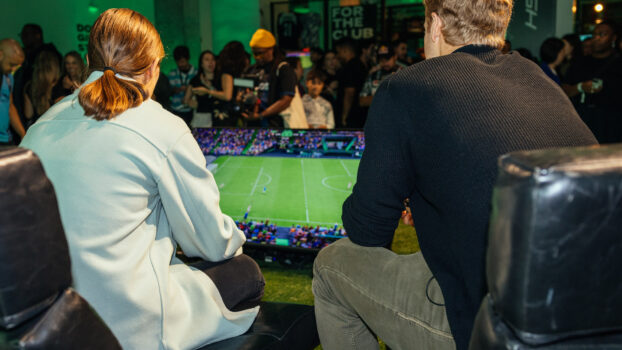
Staying Mentally Sharp in Competitive Gaming
Mental strength is the quiet power behind elite gaming success. It enables players to adapt, reset, and perform with clarity even when everything is on the line. From warm-up rituals to cooldown routines, every phase of a gamer’s experience can benefit from structured mental strategies.
By integrating these approaches into their training, gamers at all levels can experience the benefits of improved focus, faster recovery from setbacks, and more consistent performance.
 FIFA Infinity The Absolute FIFA Site
FIFA Infinity The Absolute FIFA Site




